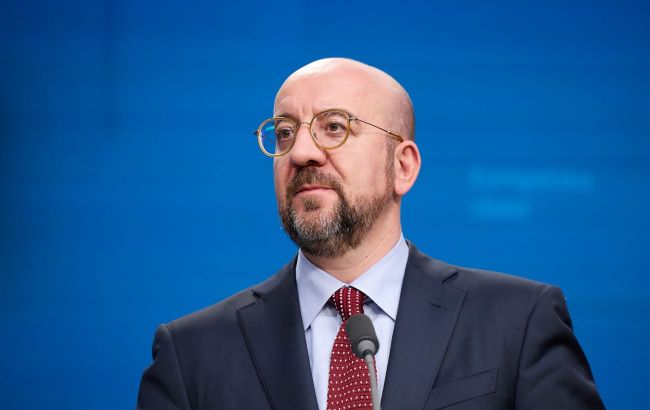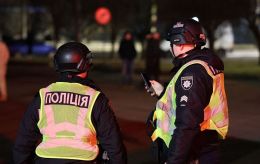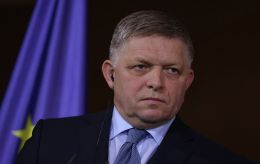Europe must shift to wartime economy amid Russian threats, Michel says
 President of the European Council Charles Michel (Photo: Getty Images)
President of the European Council Charles Michel (Photo: Getty Images)
The European Union should transition to a wartime economy mode due to potential future threats from the Russian Federation, said President of the European Council Charles Michel.
In his letter, Michel pointed out that against the backdrop of Russia's war against Ukraine, Europe is facing a pivotal moment. Specifically, EU countries require urgency, intensity, and unwavering resolve in their actions. Additionally, Europe must focus on the effective implementation and enforcement of sanctions, as well as advancing efforts to utilize unexpected revenues from frozen Russian assets.
"This is also a time for a real paradigm shift in relation to our security and defence. For decades, Europe has not invested enough in its security and defence. Now that we are facing the biggest security threat since the Second World War, it is high time we take radical and concrete steps to be defence-ready and put the EU’s economy on a 'war footing'," Michel believes.
According to him, transitioning to a wartime economy mode entails increased spending on the defense industry.
"Building this strategic security mindset require strong leadership and an acute understanding of the urgency of the threats we face. I expect our European Council to live up to this," he wrote.
Calls for increased defense spending
NATO Secretary General Jens Stoltenberg previously stated that a record 18 out of 31 NATO members will meet the alliance's target for defense spending - 2% of GDP.
Danish Prime Minister Mette Frederiksen also said that Europe should limit spending on social welfare and reduce taxes to deter a more aggressive Russia by steadily increasing defense and security funding.
European Commission President Ursula von der Leyen said the European Union must do more for defense, replenishing and modernizing weapons. The EU must also support Ukraine.
Polish President Andrzej Duda recently said that NATO member states should increase defense spending to at least 3% of GDP. Duda also believes that Russia could invade NATO countries within the next two years.
The German newspaper Bild recently published a scenario for military exercises in Germany, during which the German armed forces are preparing for a hybrid attack by Russia on the eastern flank of NATO.
In particular, NATO Military Committee Chairman Admiral Rob Bauer stated that the alliance needs transformation, and the West must prepare for an era in which anything can happen at any time, including the onset of war.
French President Emmanuel Macron has also warned of the risk of an attack by Russia in the coming years, saying that European leaders must be prepared for such a scenario

